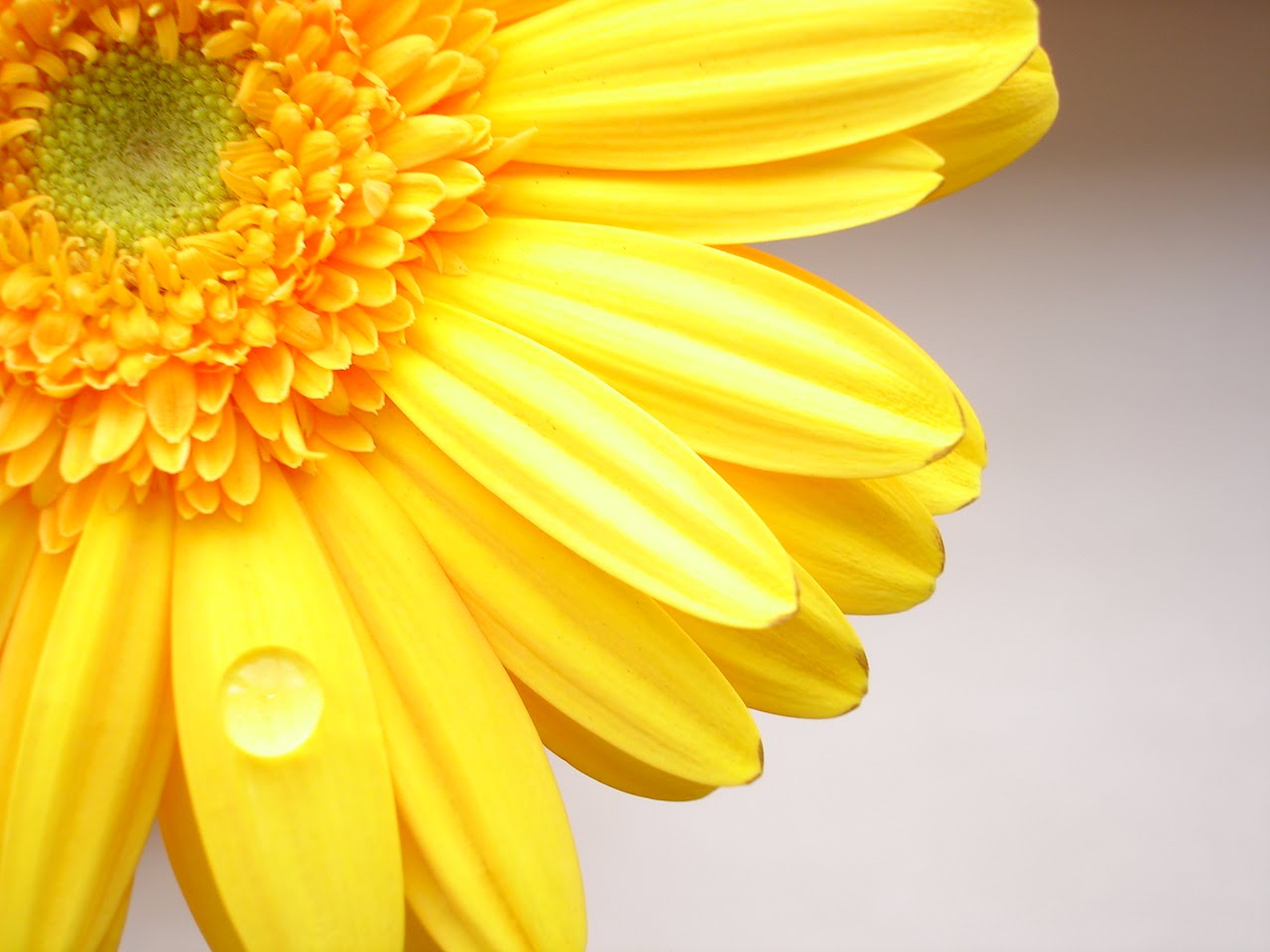Melkam Addis Amet 2014 | Happy Ethiopian New Year!
/Ayanna Nahmias, Editor-in-ChiefLast Modified: 00:00 AM EDT, 09 September 2014
ADDIS ABABA, Ethiopia – The Ethiopian New Year, which in Amharic is called Enkutatash, commences on 11 September 2014. The name of this festival harkens back to the revered Queen of Sheba, who upon her return from Jerusalem where she visited King Solomon, brought with her a wealth of gold and precious stones.
In addition to these gifts, she received jewels from the Ethiopian priesthood to celebrate her safe return. These jewels are known as ‘enku’ hence the eponymous name of the holiday.
The spring festival has been celebrated since Queen of Sheba's times, as it marks the end of the rainy season and the rebirth of the year. Like the blowing of the Shofar which is a powerful symbol of the Jewish holiday Rosh Hashanah, which translates as the ‘head of the new year’ and begins about two weeks following; bouquets of yellow flowers symbolize Enkutatash as a holiday that marks springtime and renewal.
The rituals of both holidays include prayers and sermons, but also warm family celebrations replete with food, singing, and joy.
Ethiopia still retains the Julian calendar, in which the year is divided into 12-months of 30-days each and a 13th month of 5 days and 6 days in leap year. The Ethiopian calendar is 8-years behind the Gregorian calendar from January to September and 7-years behind between September 11 and January 8.
Though Enkutatash originated as a primarily religious festival celebrated over a period of three days, and was predominantly characterized by spectacular religious processionals; it is no longer an exclusively religious holiday. Today’s Enkutatash is also the season for exchanging formal new year greetings and cards among the urban professionals, though some in the Diaspora still exchange the traditional bouquet of flowers.
For those travelers able to visit the country during this festival, it is an experience not soon forgotten, especially if invited to celebrate in the Entoto Mountains, which is the region of the country that is resplendent with yellow flowers which have come to symbolize this holiday.
Follow Nahmias Cipher Report on Twitter Twitter: @nahmias_report Editor-in-Chief: @ayannanahmias





















